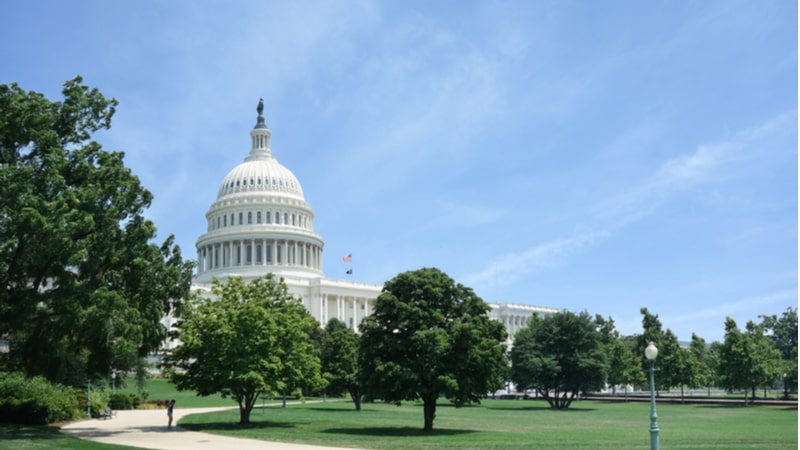
The bipartisan Cyber Diplomacy Act was reintroduced in the house this week. The legislation, cosponsored by Reps. Jim Langevin, D-R.I., Michael McCaul, R-Texas, Gregory Meeks, D-N.Y., and Mike Gallagher, R-Wis., Adam Kinzinger, R-Ill., and Bill Keating, D-Mass., will require the State Department to open the Bureau of International Cyberspace Policy.
“The Cyberspace Solarium Commission made clear that we need a whole-of-government approach that prioritizes diplomacy to strengthen our cybersecurity and confront the wide array of threats we face,” Langevin, a member of the Solarium Commission, said. “Establishing a Bureau of International Cyberspace Policy at the State Department will help shape and strengthen cyber norms and bolster the United States’ leadership on the global stage. I’m pleased to join my colleagues to advance needed cyber policy that will help build the layered cyber deterrence that will keep Americans and our systems secure.”
The bill was initially introduced in January of 2019 and was approved by the House Foreign Affairs Committee in March of 2019. Also in March, the bill was scored by the Congressional Budget Office (CBO), which found it would not have a material impact on government spending. However, it didn’t receive a vote on the House floor before the end of the year.
“Cyberattacks and targeted misinformation are some of the most significant ways that our enemies can undermine democracies,” Keating said. “The Cyber Diplomacy Act will provide a stronger partnership with our international allies so that we can combat cyberattacks and other issues in cyber with a unified approach. This includes promoting our shared values of the rule of law, privacy, human rights, and freedom of expression. Our world is too dependent on cyber activities to allow bad actors to go unchecked.”
The legislation does not appear to have a companion bill in the Senate.
